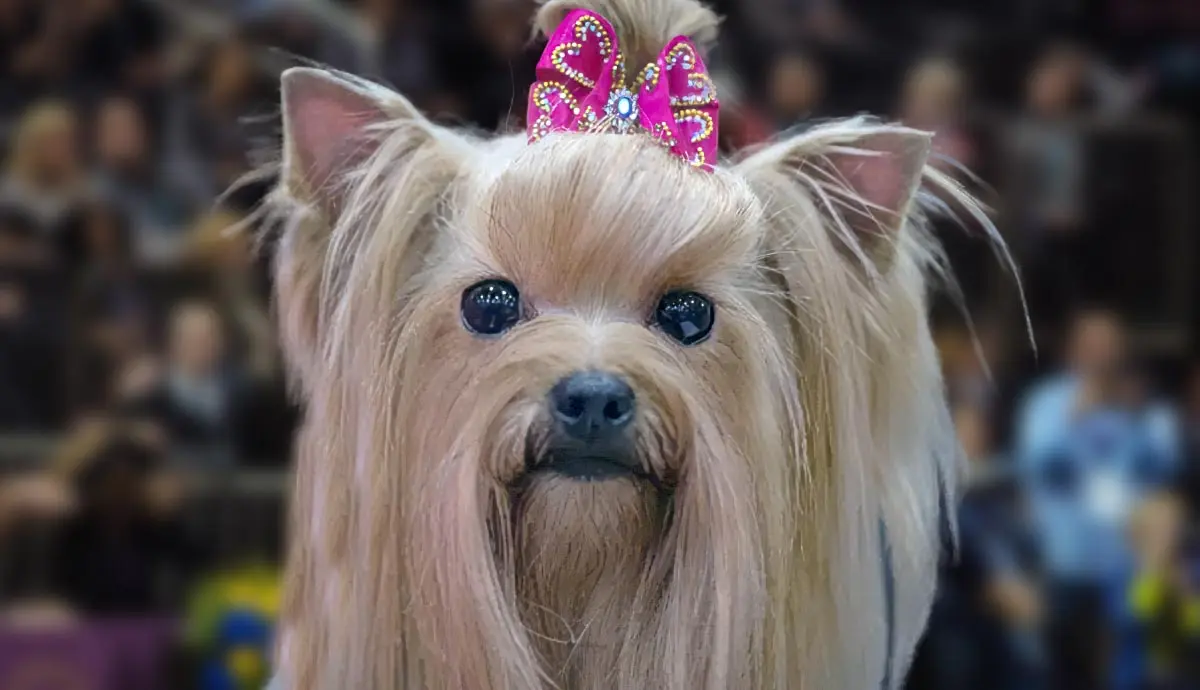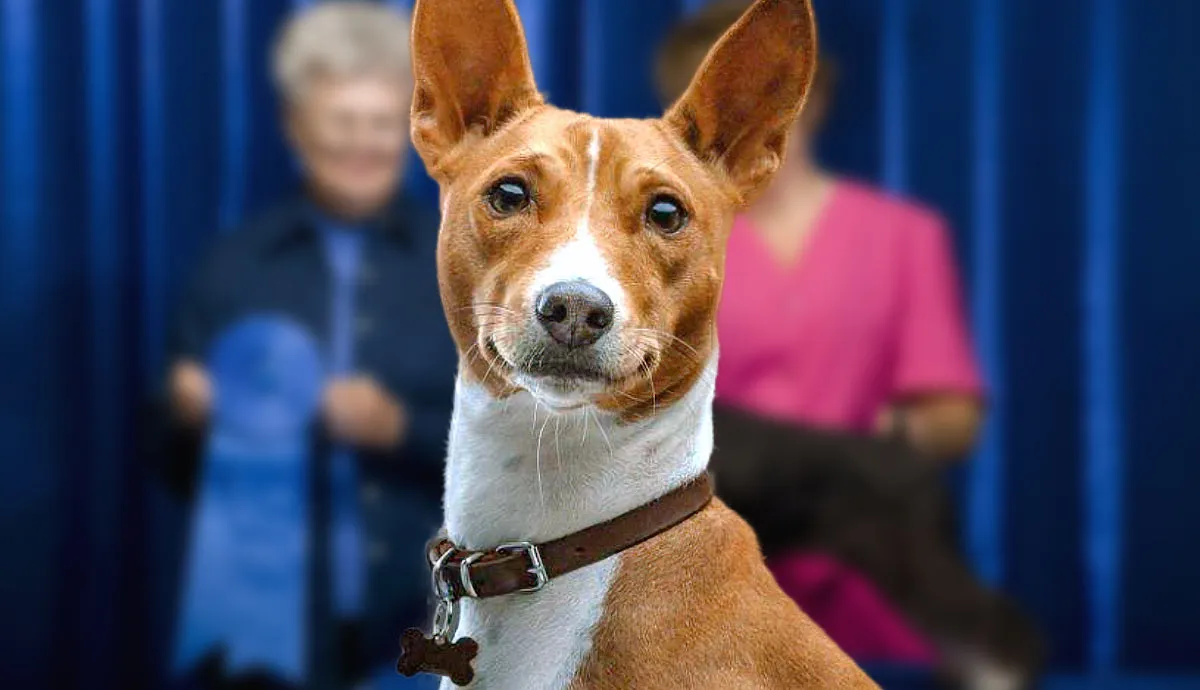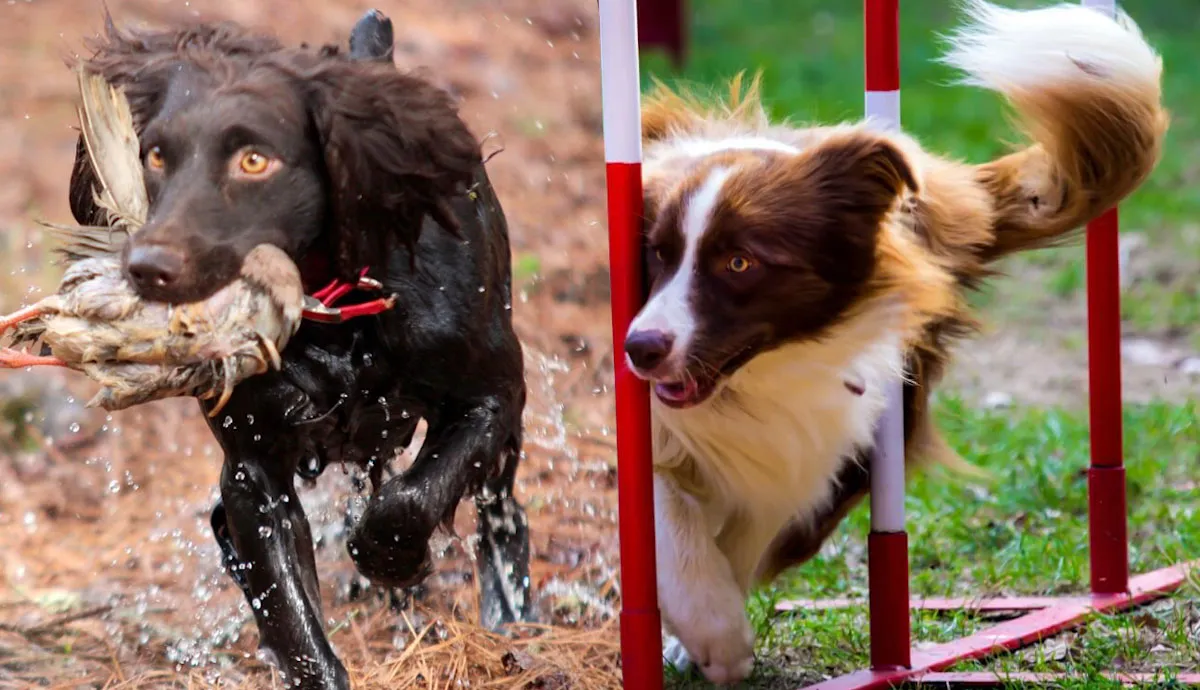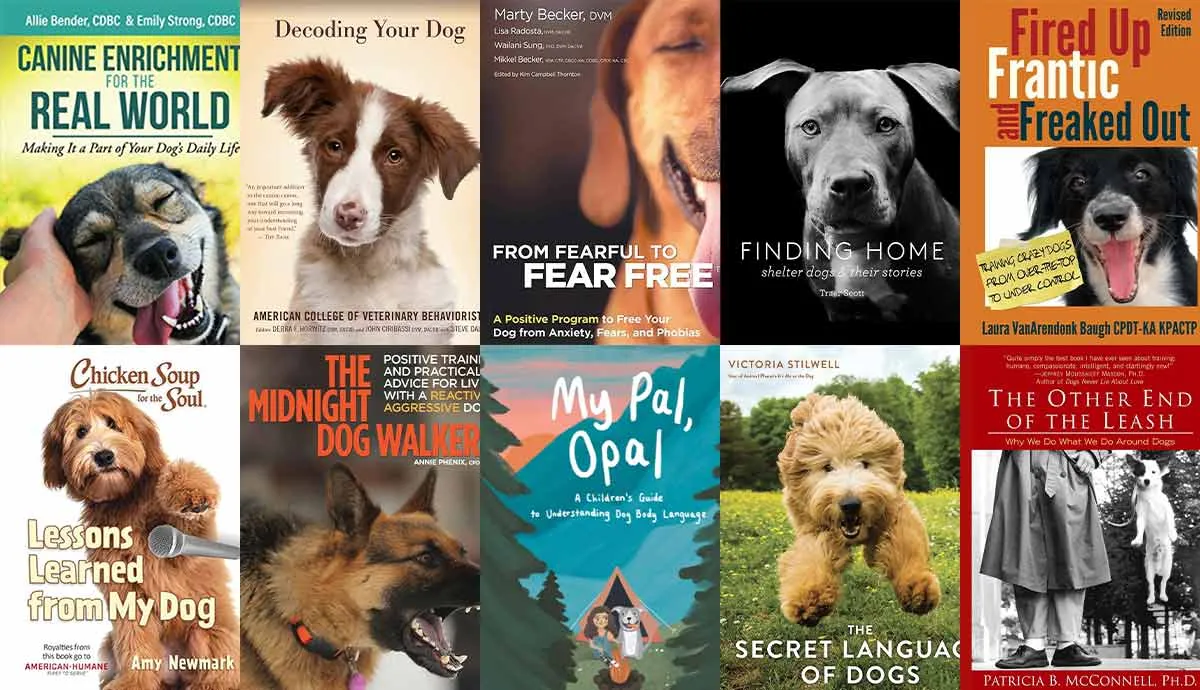This question has been posed to dog show judges, exhibitors, and clubs, the answers are varied and do not seem to offer any insight into the decline of dog shows. Aside from a bad economy, higher entry fees, longer show days, politics, and cliques are contributing to declining dog show entries.
Economy Plays a Role
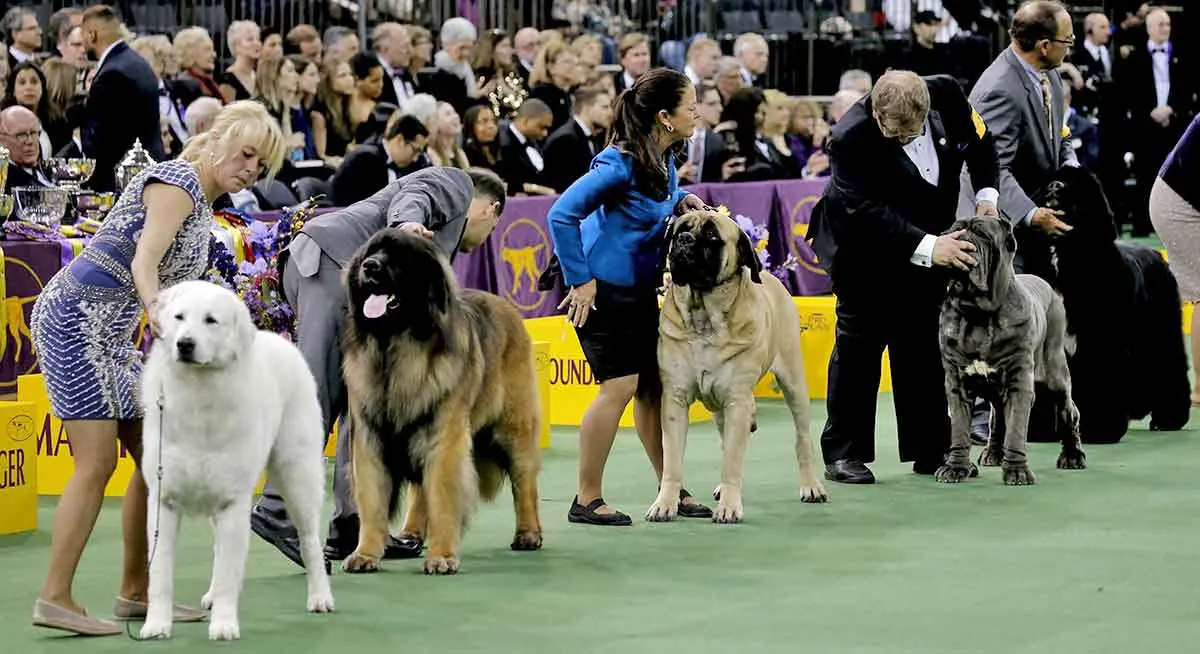
The economy is the typical fall guy when any sport or activity begins declining. While the economy has not been stellar for a few years, the decline in dog show entries started during a time when the economy was rebounding.
However, when people are struggling to pay bills and put food on the table, the last thing on their minds is entering a dog show. There seem to be dog clubs and shows everywhere across the United States and Canada. Most dog shows are hosted near larger cities therefore, many exhibitors must travel long distances to find dog shows.
Exhibitors with motorhomes can usually set up camp at the showgrounds. But those not lucky enough to bring their bedroom have the added expense of hotel fees for the weekend.
Higher Entry Fees
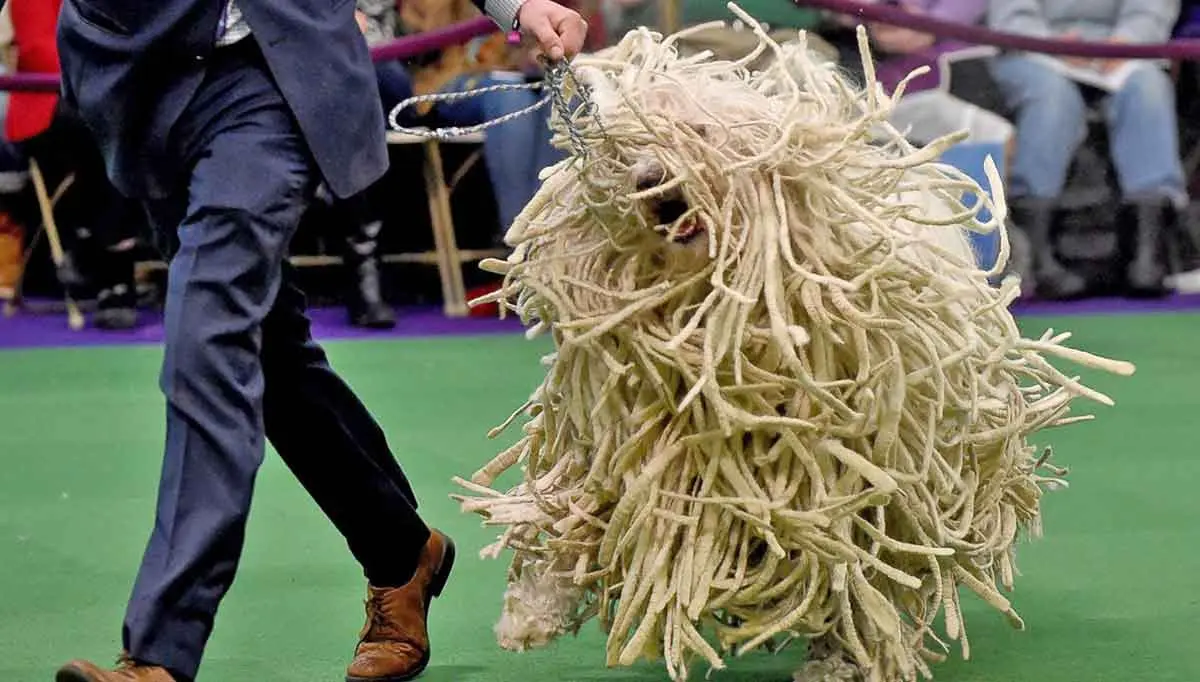
Higher entry fees probably go hand-in-hand with the economy, but they need to be addressed separately because they are one of the biggest deciding factors when planning which dog shows to enter.
For instance, most specialty dog shows cost a little more than all-breed dog shows. With the volatile economy, specialty dog clubs have begun hosting their shows in conjunction with all-breed shows to split the costs with the other dog clubs. Choosing to support your breed’s specialty club oftentimes means you are also entering additional shows for the weekend, adding to your total entry fees.
There are three main organizations hosting dog shows and each one has had to raise entry fees over the past few years. One of the most expensive dog shows to enter is the International All Breed Canine Association (IABCA), especially with their added title fees.
The United Kennel Club (UKC) has been working to combat higher entry fees by offering special breaks for exhibitors who pre-enter their shows. The UKC also offers deals such as entering all the shows for a weekend for a lower price.
The American Kennel Club (AKC) is not as forthcoming with deals or special price breaks for entry fees, but they are trying more advertising and looking for ways to bring the junior showmanship entries back up.
Longer Show Days and Weekends
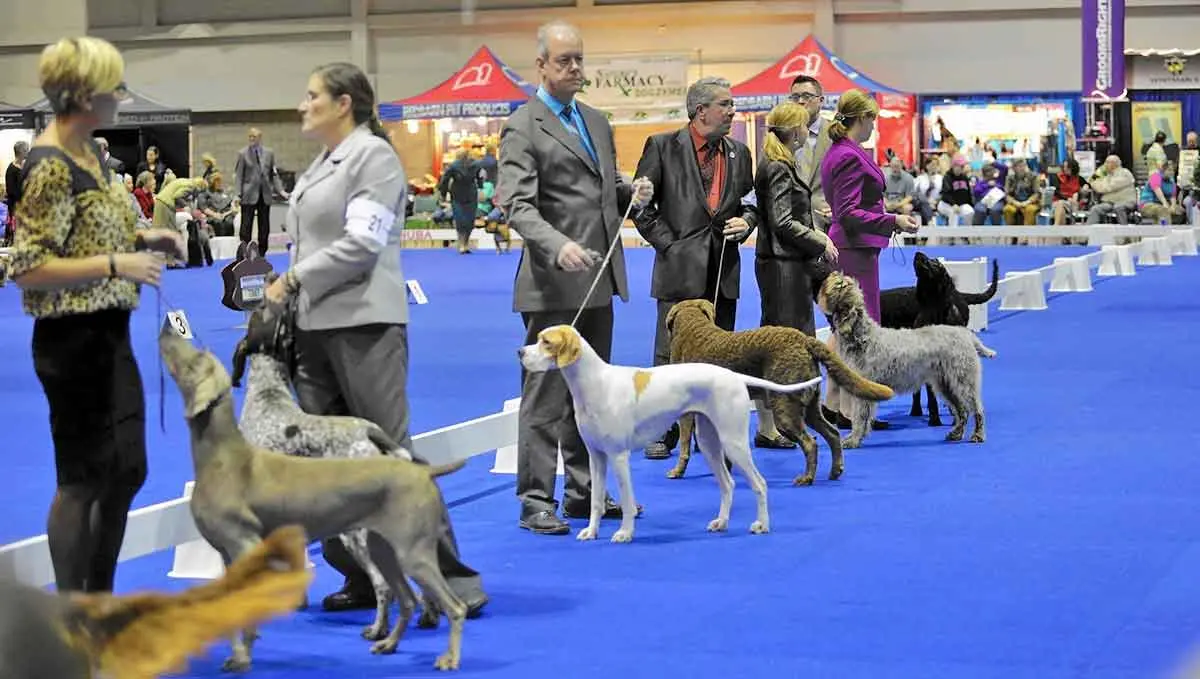
Dog clubs have been toying with adding more activities to their shows, making the show day much longer than it used to be even 10 years ago. Some clubs are even hosting two shows in one day. For families, this makes for a very long day and can be daunting when you have young children getting bored halfway through the day.
Smaller dog shows are now merging to create show clusters that sometimes last from Thursday through Monday. This can be a very long weekend and many people are not able to take off work for two or three days to attend a dog show. Weekday shows do have lower entry numbers than Saturday and Sunday dog shows.
Junior Showmanship
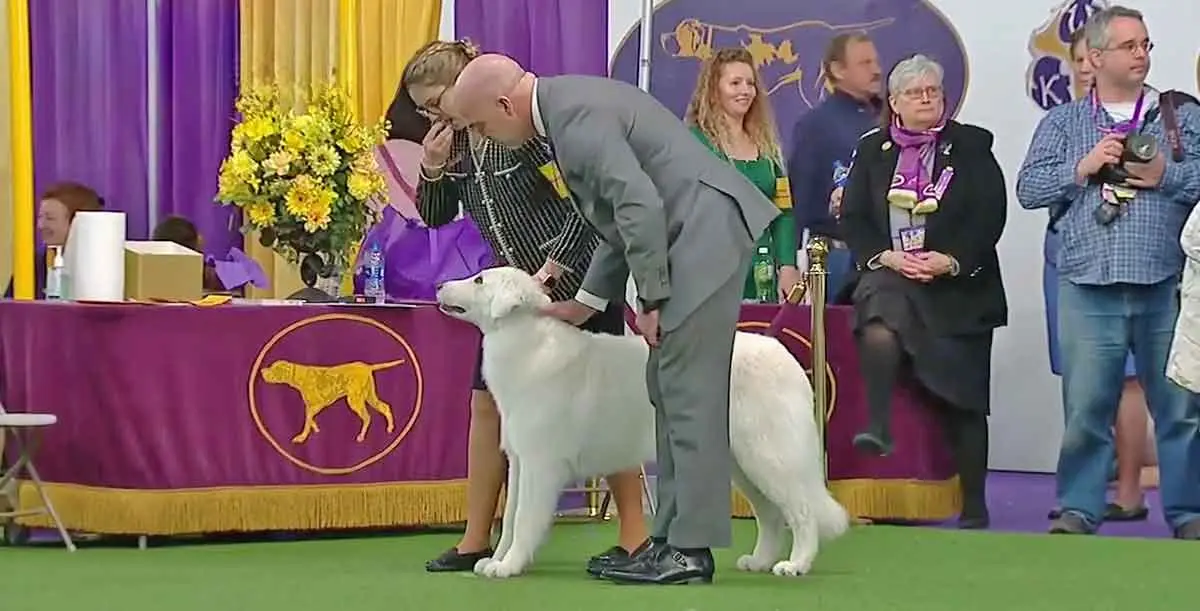
The future of dog shows rests firmly on the shoulders of the junior showmanship programs that each registry has set up. These young people, simply referred to as juniors or junior handlers, are learning the ins and outs of showing dogs and promoting dog shows in general.
The UKC is one of the best in offering a solid junior showmanship program. They encourage youngsters to dive in the ring and get their feet wet by offering a rewards system, fabulous prizes, and wonderful rosettes.
With more and more show clusters, juniors are not able to attend as many shows since they are still in school. Juniors have also found a less welcoming environment at the bigger dog shows and feel discouraged when they do not feel valued. There are fewer junior handlers these days. Many juniors also enter regular classes the same weekend they are showing junior showmanship meaning there are fewer entries in those classes.
Politics and Cliques
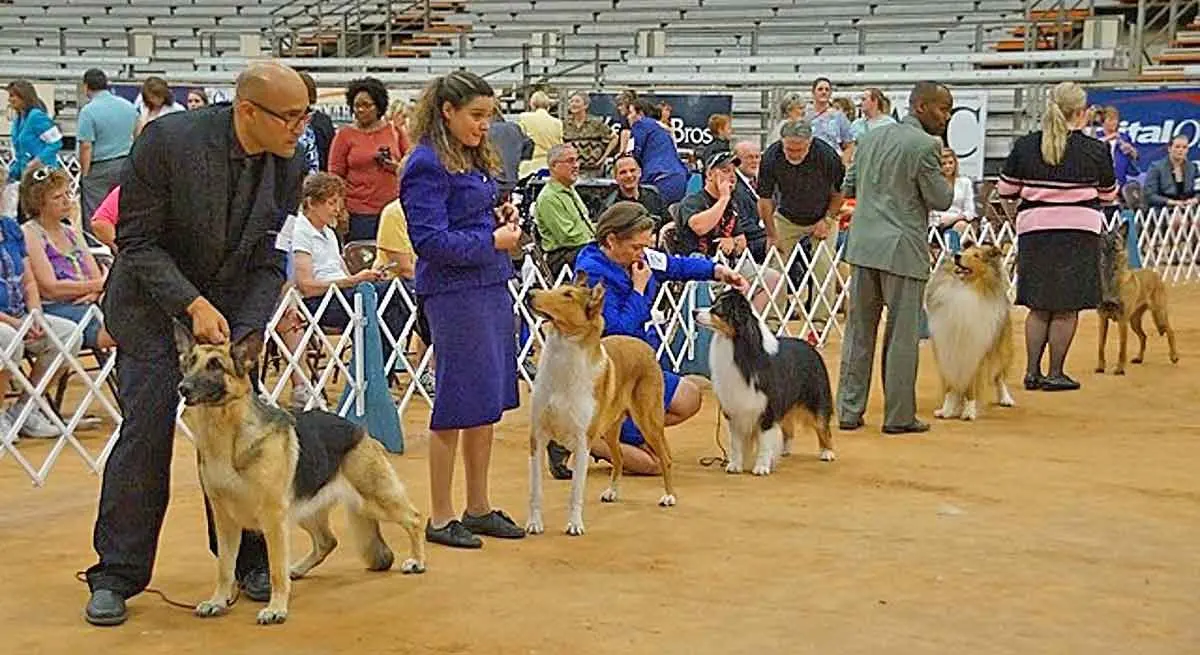
One of the reasons junior handlers are not as excited to be competing is the politics they see firsthand from judges and dog club members. It is hard for a junior handler to feel appreciated when they can pick who will win before anyone ever steps into the show ring just based on the judge and other juniors entered. Competing is healthy for our youth, but blatant favoritism can cause resentment and feelings of inferiority.
It does take a lot of dedication and time to become a dog show judge, and there are disciplinary actions taken against judges who do not follow the code of conduct set by each organization. However, there is still a lot of glad-handing that goes on at dog shows. Some judges do not really judge the dogs, instead, they look at who is handling the dogs to find their winners.
There have been fewer and fewer dog shows in the past several years making it more difficult for even the highest-ranking dogs to earn points toward their next championship or invitational shows. Many of these high-ranking dogs are coming into smaller shows and competing.
With social media, ShowSite Magazine, AKC’s rankings, and even UKC’s rankings, it is nearly impossible not to know who the top five dogs in each breed are, and when people see these dogs showing at smaller shows, inexperienced or owner-handlers will choose to skip those shows. It is pretty much a given that these top-ranking dogs are going to win.
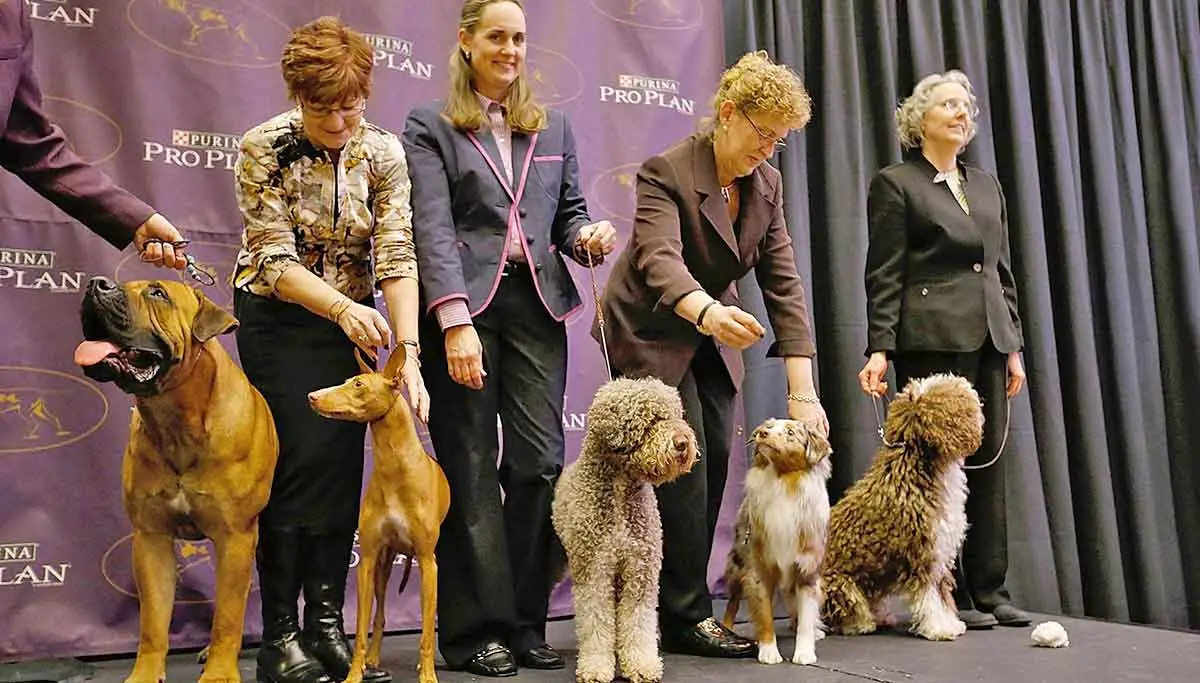
Cliques are not just for high school, just ask anyone competing at a dog show. Some breeds are so much worse than others when it comes to cliques and outright rudeness to new exhibitors. There have been too many people sharing their stories about being treated poorly when they tried exhibiting their dog. Exhibitors need to do better in welcoming newcomers and helping to mentor them. Positive, fun experiences at dog shows are what will bring people back. It takes a lot of work to prepare for a dog show and to be treated poorly when competing makes it not worth the effort.
Overall, dog shows are spiraling into nothingness. If dog clubs do not figure out how to bring new people in and keep them coming back, this sport will be in trouble. Too many people have found virtual dog shows to be the wave of the future and so much easier, and cheaper, than physical dog shows. If dog clubs and registries cannot find a way to draw in more exhibitors, dog show entries will continue to decline.
